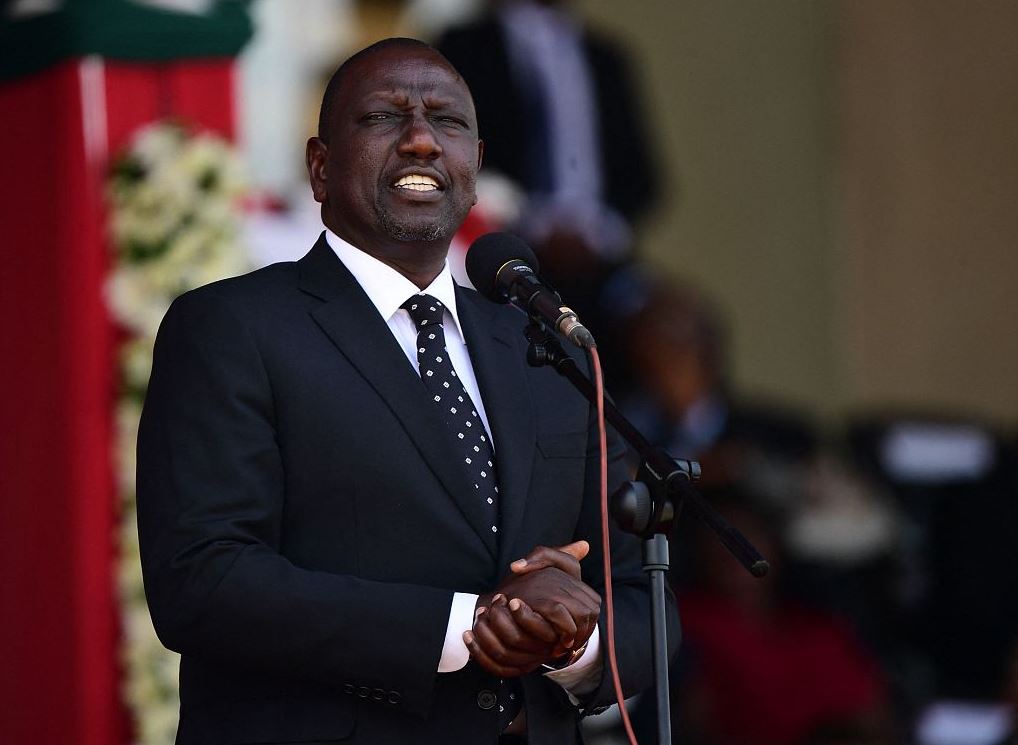On Thursday, the Heads of State of Japan challenged Kenyans to roll up their sleeves and work to build their country.
President William Ruto has hinted at instituting more measures to ensure that the government collects more revenue to finance its operations and emerge from the debt hole the country currently finds itself in.
He further pointed out that in Japan, taxation as a percentage of the Gross Domestic Product (GDP) stood at 34.8 per cent while Kenyans were lamenting high taxation at just 15 per cent.
“I was looking at the numbers today and Japan, their tax as a percentage of GDP is at 34.8 per cent. In Kenya, we are at 15 per cent, less than half of what it is here,” he stated.
“If we have to develop our country, Kenyans must roll up their sleeves and develop our country. Our country will not be developed by others. Our country will not be developed by aid. Our country will not be developed by debt.”
Ruto, as a result, assured that no money collected through taxes would be lost and vowed to ensure that services trickle down to all Kenyans.
He admitted that he knows his countrymen had given him names, including one inspired by the infamous biblical figure Zacchaeus ‘Zakayo’, but insisted that he would not be deterred.
“Japan is built by the Japanese using their own taxes. Kenya will be built by Kenyans using our own revenues and taxes. That is a statement that we must tell each other. The guarantee I give is that no revenues or taxes will be stolen,” he added.
In mid-January, the Head of State pointed an accusatory finger towards his predecessor Uhuru Kenyatta for ruining the economy by lowering the tax percentage against the GDP.
Specifically, he argued that the drop had been significant from 20.1 per cent during former President Mwai Kibaki tenure to just 14 per cent.
“This is where the problem lies,” he fired off at the time.
When Kibaki took over the reins, for his second term in 2007, he raised the ratio from 22 per cent to 23.1 per cent.
The data, however, showed that Uhuru inherited a ratio of 20.1 per cent in 2013 which gradually decreased over the 10 years with the biggest steep recorded between 2018 and 2020 from 17.6 per cent to 14 per cent.
When he took over the reins, part of the drastic decisions Ruto made was to introduce a slew of new taxes including contributions to the Housing Levy as well as the Social Health Insurance Fund (SHIF).
Ruto further raised the Value Added Tax on fuel from 8 to 16 per cent.

